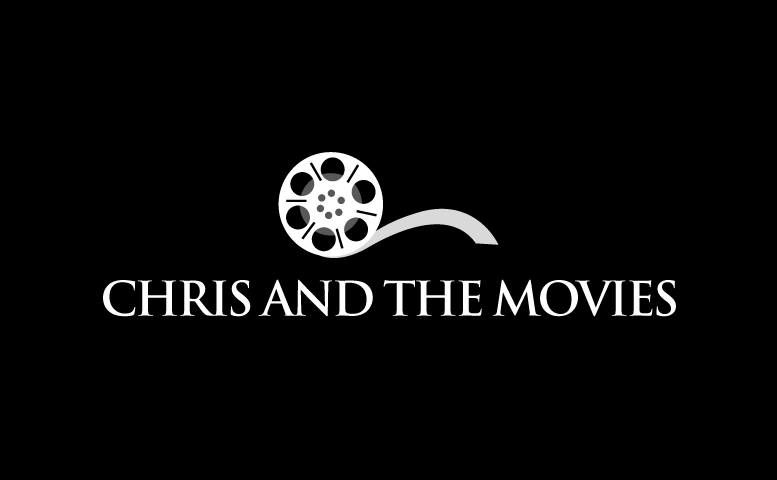A child being chased by a demon is a rather morbid way to start a rather morbid movie. Keep in mind this movie is also a comedy. It's not one that will likely make you laugh out loud, but its blend of horror and humor will remind you that before he was with Spider-Man, director Sam Raimi made the Evil Dead trilogy. Is his 2009 movie Drag Me to Hell funny? Kinda sorta. Scary? Often. Enjoyable? Most of the time.
Horror might be the only genre I can think of where filmmakers have understood that women in the lead role creates as good results as those led by men, if not better. (In case none are coming to mind, think The Exorcist, Alien, Rosemary's Baby, Whatever Happened to Baby Jane?, The Babadook, etc.) Alison Lohman is the lead here, and she's incredible. It's a unique challenge for her, because on the one hand we are meant to applaud her and root for her, and on the other we are supposed to think that as the banker who denied an older woman an extension on her loan, she is somewhat at fault for her tribulations. Lohman plays Christine, a young woman with a good job at a bank and in a serious relationship with a young professor (Justin Long). Christine is so determined to get the promotion as assistant manager at the bank that she practices diction on her way to work. Alarmed that she might be pushed aside in favor of her male colleague (Reggie Lee), she's willing to make "tough" decisions to impress her boss. That means refusing to extend mortgage loans for the elderly. Big mistake.
The older woman (Lorna Raver) even begs for the extension, then attacks when it is denied. But soon, she warns, it will be Christine who comes to her begging for help. She places a curse on her. While Christine's boyfriend may be skeptical at first, Christine know almost from the beginning that something is wrong. She seeks out the guidance of a psychic (Dileep Rao) who might be able to make sense to her the paranormal things happening; indeed, he tells her that a curse has been placed. After three days, she is told, a demon will finally come to drag her to hell. She cannot defeat this devil by herself, so she and the psychic seek the help of another psychic (Adrianna Barraza) who has some experience in this domain.
There are three types of frights in this
film. The first is the hackneyed, overused device in which something something
abruptly jumps out at us. It's not impressive because it's utilized in
virtually every other Hollywood horror film, whether you want it to or not. The
second is much scarier. Something moves slowly across the screen. The audience
sees what the protagonist sees, and then it's there: some ominous, nefarious
presence. We know it's there, and we get a sense of what it wants. It doesn't
jump out just yet, it's simply there. This comes right after the first type, and so our
adrenaline is already rushing. The third kind is the simple ambiance of the
film, the sense of fear of demons and that sort of thing. I went to a Catholic
school in the first grade where my teacher told me that the devil drags you
down to hell by your hair if you are bad, so you could say this film kind of
spoke to me.
Beyond that, there is a surplus of gross
horror here. Lohnman is subjected to all sorts of disgusting things that I hope she
was compensated handsomely for. If bugs, phlegm, and vomit are not really your
thing, consider skipping this film. I've heard that actors in horror films
often find the filming fun, that it's in post-production where things get
scary. I still can't imagine how Lohman would be able to sleep without the
lights on after having vomit leak out onto her on a set during the filming. Despite some tired clichés about Eastern
mysticism and all that, this is a mostly enjoyable horror film. It's not as
disturbing as the similar-themed Paranormal Activity from the same year, so
that could be either a plus or minus, depending on your perspective. Enjoy it, and don't piss off the elderly afterwards.















